Politics
Human society is always surrounded by politics of some sort. Whether it is the basic negotiation of leadership and obedience of rules for clans or soldiers or, the more sophisticated set up of the modern world the relationship of control and decision making is always around. Grouped together in this strand are articles and podcasts covering the systems of the ancient world in Greece and Rome, alongside the stories of revolution in Europe, the creation of treaties and alliances and the arguments amongst political parties today.
Sort by:
Date (Newest first) | Title A-Z
Show:
All |
Articles |
Podcasts |
Multipage Articles
-

Sweden’s forgotten revolution
ArticleClick to view -

Terriers in India
ArticleClick to view -
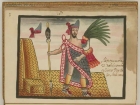
The Aztec Empire: a surprise ending?
ArticleClick to view -
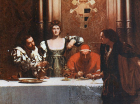
The Borgia: from fact to fiction
ArticleClick to view -

The British Communist Party 1920-1945
ArticleClick to view -
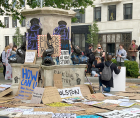
The British Empire on trial
ArticleClick to view -

The Cromwell Discussions: podcast series
Multipage ArticleClick to view -
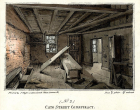
The Diabolical Cato-Street Plot
ArticleClick to view -

The Early Mediaeval State
ArticleClick to view -
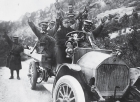
The End of Germany’s Colonial Empire
ArticleClick to view -
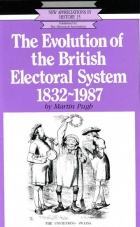
The Evolution of the British Electoral System 1832-1987
ArticleClick to view -
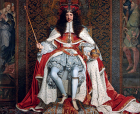
The Exclusion Crisis (1679–81)
ArticleClick to view -
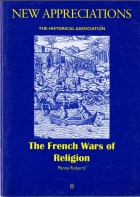
The French Wars of Religion
ArticleClick to view -
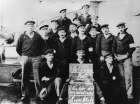
The German Revolution of 1918-19
ArticleClick to view -
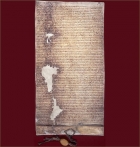
The Great Charter: Then and now
ArticleClick to view -
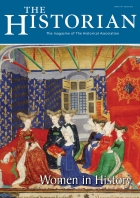
The Historian 119: Women in History
ArticleClick to view -

The Importance of Truth, Quality and Objectivity in the BBC German Service from 1938 to 1945
ArticleClick to view -
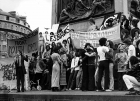
The LGBT civil rights movement in Britain
ArticleClick to view -
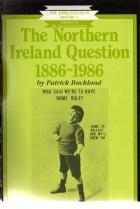
The Northern Ireland Question 1886-1986
ArticleClick to view -
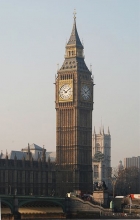
The Origins of Parliament
ArticleClick to view

